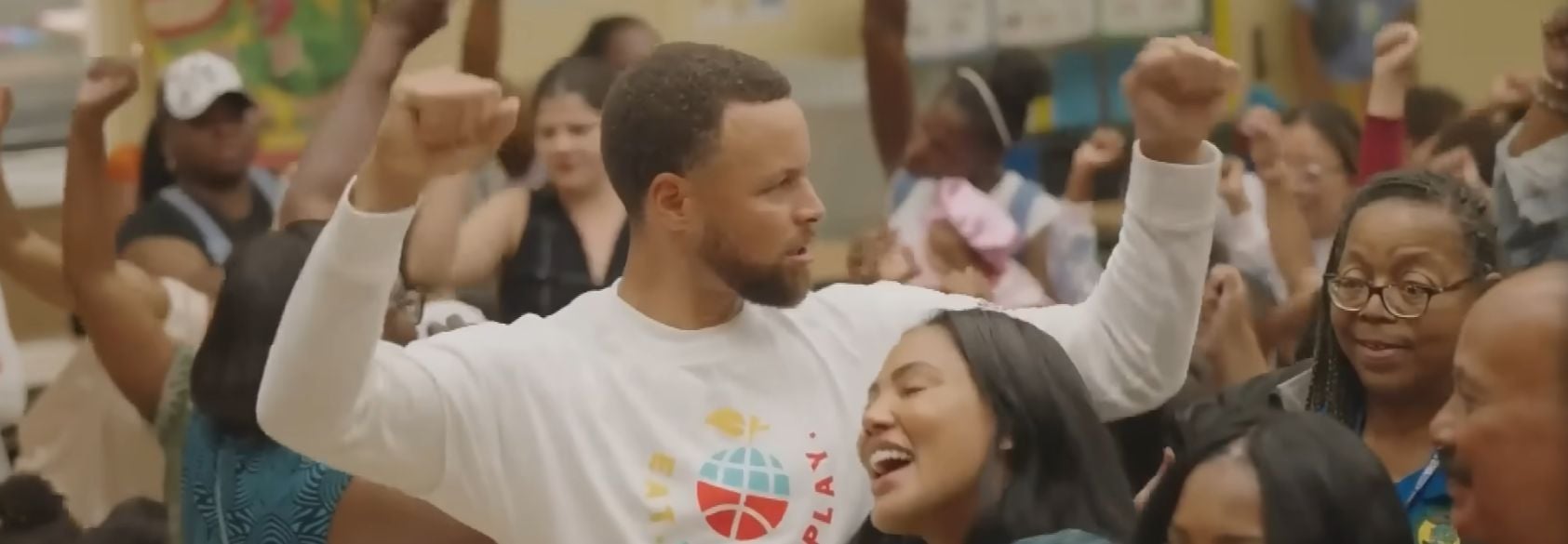Lead with Authority
Educators don’t have all the answers—I certainly don’t know how to navigate this transition confidently. But, I certainly have a better handle on what works in a classroom because I do have experience, I do have pedagogical strategies, and I do have the institutional knowledge of what students can do. One issue that is swirling, at least in New York, is cellphones. The adults have, up until now, been pretty complicit by our passivity (and perhaps our own addiction to them) on how to handle the giant distraction that is in everyone’s pocket. If we struggle with our own distractibility, we have to know that our kiddos need us to assume authority over this issue and help them.
As for me, I’m ready for a full, bell-to-bell ban. (Read this blog from almost a year ago, and you’ll see that my opinion has evolved) We are in the midst of a digital citizenship unit, and today students had to write a letter to executives of an app or streaming company. The students’ task was to let them know the impact of addictive design and provide some suggestions. Here are some excerpts:
Karlie said, “If you minimize the time that people can spend on your app, people will be less addicted to the app, and maybe their devices, and could go back to how their life was before they became addicted. I also think that if we did cut back on the time people spend on their devices, a lot of people would be happier and less stressed.”
Aubrey’s advice for YouTube is this: “You can also consider adding a feature that only parents can access, it gives you a time limit, and it offers a warning to log off, and if the child or teen doesn't, it can lock, and a parent can choose how long it locks for.”
Josh’s advice to Snapchat, “One idea is limiting how much time people spend on Snapchat, like kicking them off Snapchat for the rest of the day. This could work, and if it did, that would be great for teens. Another idea I have is changing the filters or how much teens can put on their stories. I see people posting so much on their stories and they are just posting, snapping, posting, snapping. It's way too much for them.”
One thing that was readily apparent was students’ desire for someone else to take control. This is too big for them, and even if it is uncomfortable, we need to provide the parameters that they are unable to manage. This opinion piece, which recently ran in the Buffalo News, elaborates on this hot topic.















The best part of Pips NYT is sharing strategies with friends. Everyone develops their own little tricks, and comparing notes is half the fun. It reminds me of the early days of Wordle when people were swapping opening words.